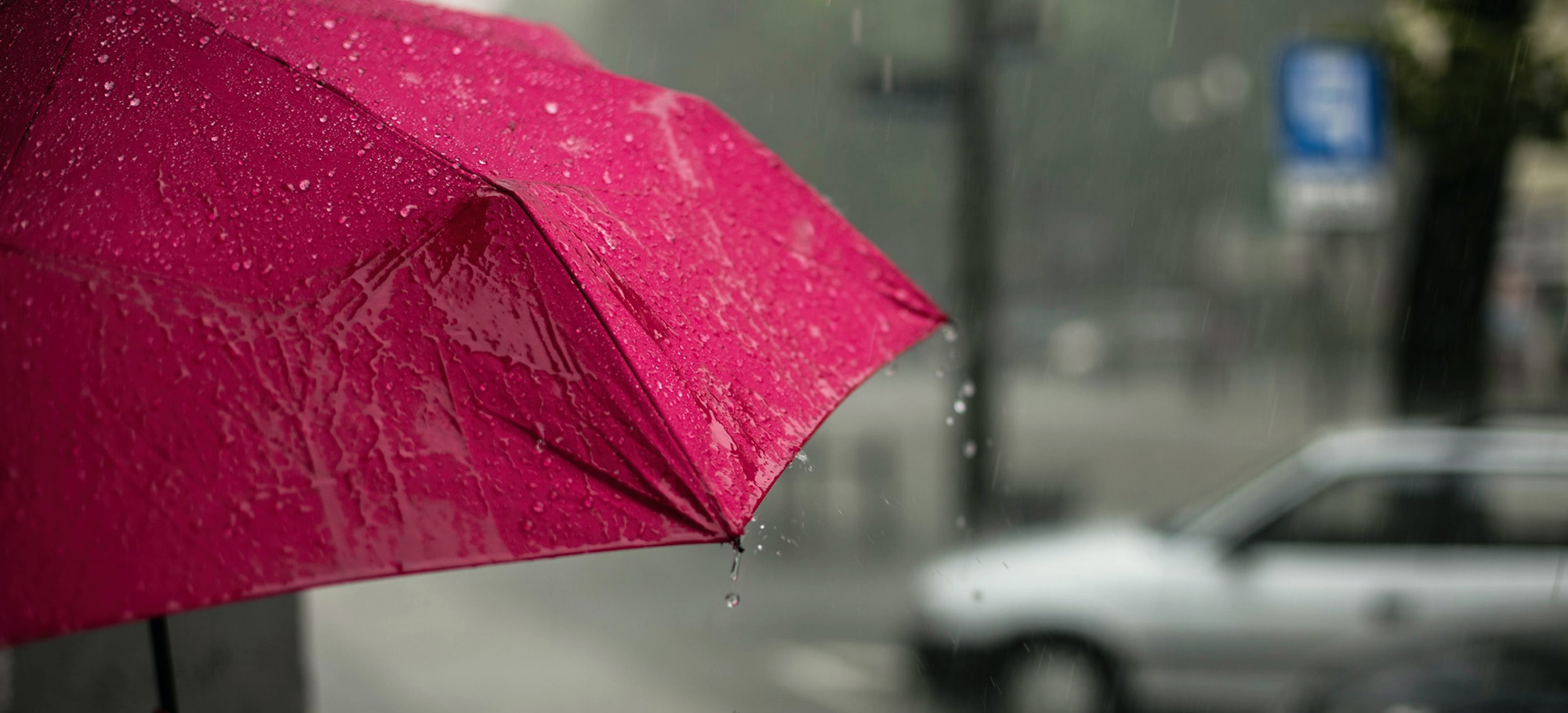Originally published in: The Vancouver Sun
A UBC expert on PFAS — also known as forever chemicals — has applied to do research on how much of the toxic substances lurk in B.C.’s drinking water.
Exposure to the chemicals, which are widely used in rain gear and non-stick cookware, have been shown to have a wide range of health impacts, including immune suppression, cancer, and cardiovascular disease, said Rachel Scholes, an assistant professor in UBC’s department of civil engineering.
She spoke to Postmedia Wednesday following a shocking European study that shows rainwater is unsafe to drink globally because of the persistent levels of PFAS in the atmosphere.
The study, by researchers at Stockholm University and ETH Zurich and published Tuesday in the journal Environmental Science and Technology, says rainwater is unsafe to drink in every area of the world — even in Antarctica and on the Tibetan plateau — because of high amounts of PFAS, formally known as per-and polyfluoroalkyl substances.
PFAS are ubiquitous in consumer products. Canada no longer allows PFAS in personal care products but they are still used in manufacturing.
Scholes has applied for funding and hopes to start her research next year to test B.C.’s drinking water, which she assumes will have some PFAS. Whether there are unsafe levels though is yet to be determined.
She said the Stockholm study highlights just how prevalent these chemicals are in the environment.
“I think one of the big take-aways of this most recent study is just that these compounds are so widely distributed in the environment that we almost certainly would find them (in B.C.’s rainwater.)”
Scholes cannot make recommendations for B.C. residents who collect and drink rainwater because “the data just isn’t there.”
